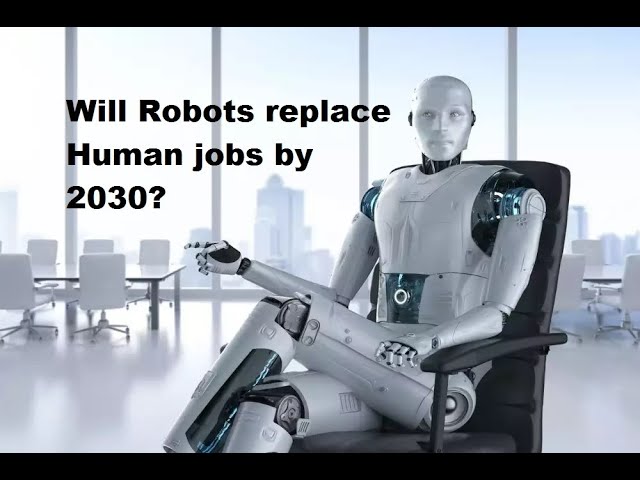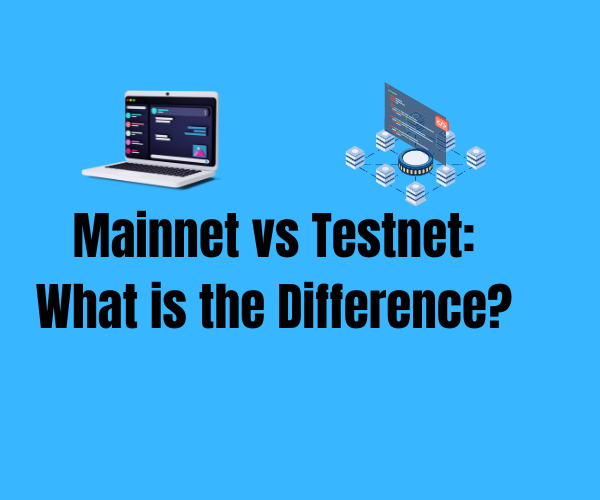How AI Will Change Jobs by 2030
Artificial Intelligence (AI) is transforming industries and reshaping job markets across the globe. By 2030, AI is expected to significantly alter the way people work, leading to new career opportunities while also making some jobs obsolete. Understanding how AI will impact various sectors is crucial for both employees and businesses to adapt to the evolving workforce landscape.
1. Job Automation and AI Replacing Repetitive Tasks
One of the most noticeable effects of AI will be the automation of repetitive and rule-based tasks. Industries such as manufacturing, data entry, customer service, and logistics are already experiencing automation trends that will continue to accelerate.
Jobs Likely to Be Automated:
- Manufacturing Workers: AI-powered robots are increasingly being used in production lines, reducing the need for human labor.
- Data Entry Clerks: AI can quickly process and analyze data, making manual data entry less relevant.
- Retail Cashiers: Self-checkout systems and AI-powered payment solutions will reduce the need for traditional cashiers.
- Customer Support Agents: AI chatbots and virtual assistants can handle customer inquiries efficiently, reducing the demand for human agents.
However, automation does not necessarily mean job losses. Instead, workers will need to adapt by shifting into roles that require problem-solving, creativity, and emotional intelligence—skills that AI cannot easily replicate.
2. New Job Creation and AI-Driven Careers
While AI will replace some jobs, it will also create new career opportunities in emerging fields. As AI technology advances, businesses will require skilled professionals to develop, manage, and oversee AI systems.
High-Demand AI-Driven Jobs:
- AI & Machine Learning Engineers: These professionals will design and implement AI algorithms.
- Data Scientists & Analysts: AI will generate large amounts of data, increasing demand for data experts who can interpret insights.
- AI Ethics & Compliance Officers: With AI integration comes ethical and regulatory challenges, leading to the need for professionals ensuring responsible AI use.
- AI Trainers & Prompt Engineers: Training AI models and optimizing prompt responses will be crucial for improving AI accuracy and efficiency.
Governments and educational institutions are expected to focus on reskilling and upskilling programs to prepare the workforce for these AI-driven careers.
3. AI Enhancing Productivity in the Workplace
Rather than replacing workers entirely, AI will act as a tool to enhance human productivity. Many industries will leverage AI to automate tedious tasks, allowing employees to focus on more strategic and high-value activities.
Industries Benefiting from AI Integration:
- Healthcare: AI-powered diagnostic tools will assist doctors in detecting diseases earlier and with greater accuracy.
- Finance: AI-driven fraud detection and risk assessment will improve banking and investment security.
- Education: AI will personalize learning experiences through intelligent tutoring systems and adaptive learning platforms.
- Marketing & Sales: AI will optimize digital advertising, content creation, and customer engagement strategies.
Companies that adopt AI will gain a competitive advantage by streamlining operations, improving decision-making, and delivering enhanced customer experiences.
4. The Gig Economy and Remote Work Expansion
AI will facilitate the growth of the gig economy and remote work by providing advanced digital collaboration tools. Freelancers and remote workers will benefit from AI-powered project management, automated workflows, and virtual assistants that increase efficiency.
AI’s Role in the Future of Work:
- Smart Task Automation: AI scheduling assistants will manage appointments, deadlines, and workflows for professionals.
- AI-Powered Freelance Platforms: Enhanced AI algorithms will match freelancers with projects that align with their expertise.
- Virtual Reality (VR) & AI-Powered Meetings: AI will enhance remote collaboration through virtual workspaces and automated meeting summaries.
As businesses continue to adopt remote and hybrid work models, AI will play a crucial role in creating seamless digital work environments.
5. The Need for Human-AI Collaboration
While AI will handle many routine tasks, human expertise will remain invaluable for tasks requiring creativity, emotional intelligence, and complex problem-solving. Professionals who develop AI literacy and learn to work alongside AI will be in high demand.
Key Skills for the AI Era:
- Critical Thinking & Problem-Solving: AI can process data, but humans will still be needed to interpret results and make strategic decisions.
- Emotional Intelligence & Leadership: Human connection and leadership skills will remain essential in managing teams and customer relations.
- Creativity & Innovation: AI can generate content, but human creativity will drive storytelling, branding, and artistic innovation.
- AI Literacy & Digital Skills: Understanding how AI works and leveraging AI tools effectively will be a valuable skill set in any industry.
Conclusion: Preparing for the AI-Driven Future
AI is not just a futuristic concept—it is already shaping the way businesses and employees operate today. By 2030, AI will redefine job roles, enhance workplace productivity, and create new career opportunities. To stay competitive in this evolving job market, individuals must focus on continuous learning, developing soft skills, and embracing AI-powered tools.
Rather than fearing AI, professionals should leverage it as an asset to enhance their work and future-proof their careers. Businesses that invest in AI while prioritizing human-AI collaboration will be best positioned for success in the next decade.




